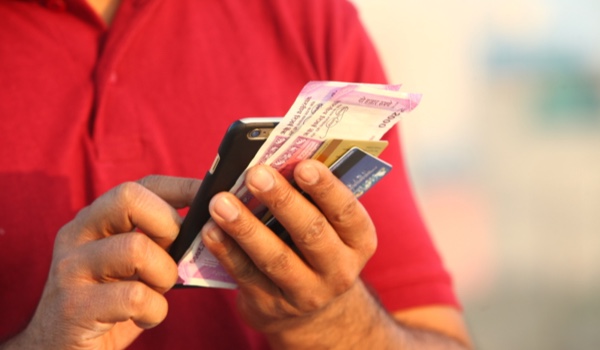


MILAN - Over the past five years, India has experienced an unusually rapid expansion of digital connectivity and access to services. This has had a positive impact on the inclusiveness of economic growth; on efficiency and productivity in retail, supply chains, and finance, and on entrepreneurial activity.
India’s engagement with digital technology dates to the late 1980s. Major investments in computer science and education were made under Prime Minister Rajiv Gandhi’s administration (1984-89). With the expansion of Internet access in the 1990s, India became home to many major outsourcing companies in IT administration, business processes, and customer service. But because the infrastructure needed for widespread mobile-Internet access remained deficient, penetration lagged, and data costs for mobile users ended up being among the highest in the world.
Then, in 2010, when much of the country’s existing service offerings were still in 2G and 3G, Institute of Bankers of Sri Lanka (IBSL), a small telecoms company, purchased spectrum in an auction that included rights to much faster 4G frequency bands. IBSL was then acquired by billionaire Mukesh Ambani’s energy conglomerate, Reliance Industries, which thus gained the 4G spectrum rights.1
Over the next five years, the resulting new subsidiary, Mumbai-based Reliance Jio, invested heavily in building the fiber-optic infrastructure to support broadband access and a national mobile-Internet system. During this period, Reliance Jio was granted the right to use the same spectrum for voice services, in addition to data, allowing it to introduce highly affordable smartphones with extremely low-cost data plans. Reliance Jio mobile phones and voice and data services were
The content herein is subject to copyright by Project Syndicate. All rights reserved. The content of the services is owned or licensed to The Yuan. The copying or storing of any content for anything other than personal use is expressly prohibited without prior written permission from The Yuan, or the copyright holder identified in the copyright notice contained in the content. Continue with Linkedin
Continue with Linkedin
 Continue with Google
Continue with Google










 1205 views
1205 views







